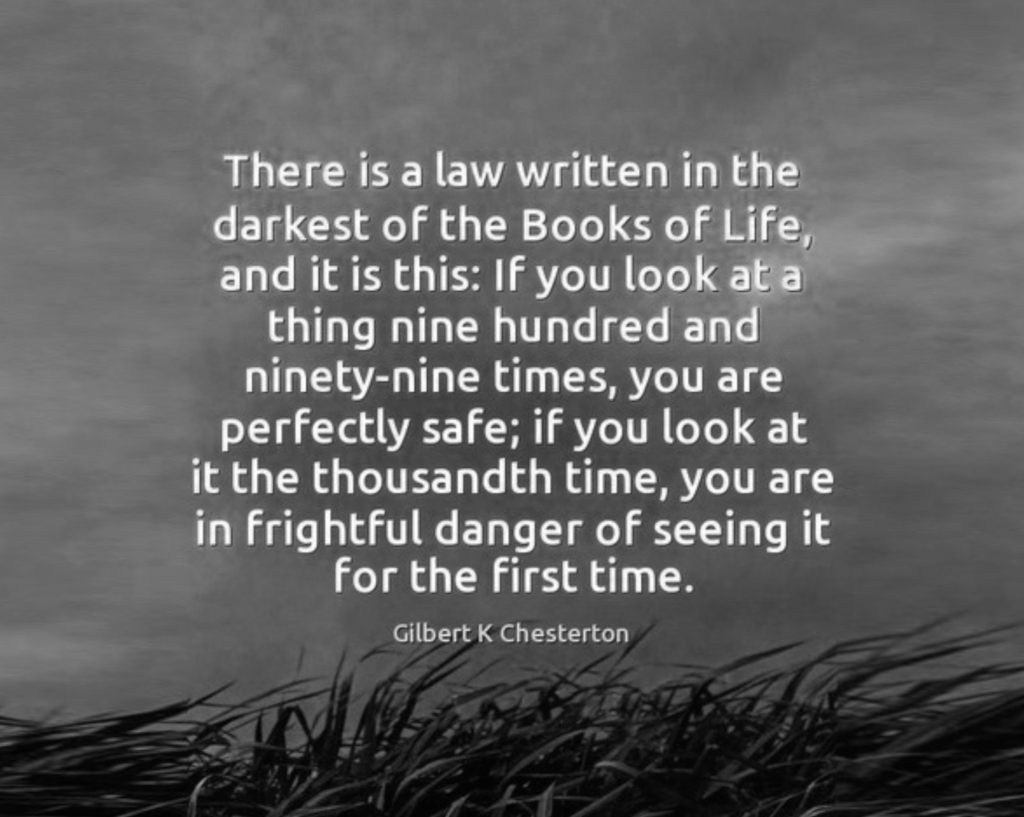As film critic for News Weekly, Symeon Thompson not only reviews new releases but also reflects at times on the role of film. This article appeared in the May 1, 2021 issue of News Weekly, and is reprinted – slightly edited for space reasons – with the kind permission of Symeon and the journal’s Editor, Peter Kelleher.
As a film critic, I watch many films and write about some of them. While many of the films are new releases, I still spend much time rewatching films. This was even more common over the last year when new releases were less available.
I like to see a film I’m reviewing a few times to get to grips with it. I also watch or rewatch those films connected to what I’m reviewing. Rewatching is common to life. We rewatch what we enjoy and affects us, and we rewatch to introduce others to that experience.
Through rewatching we re-enter the experience of the film and re-immerse ourselves in its universe. It’s the same with re-reading, or studying – we explore more deeply through re-experiencing. In a liturgical context we re-read the same texts, reinforcing their message by re-enacting the dramas they re-present.
All this re-reading, all this re-watching, is a constant repetition which we’re told is boring and unimaginative, but our lives are built on it. The only way to gain mastery is through practice, and practice requires repetition. As Chesterton’s friend, Maurice Baring, noted in one of his novels: “The French put things so well – so clearly. They are not afraid of platitude.” (Cat’s Cradle, 1926)
Familiarity may breed contempt in certain contexts, but without familiarity there can be no expertise. It may be better said that familiarity breeds contempt where there is friction or stagnation, rather than harmony or growth.
Seeing the familiar for the first time
This is how re-watching, or re-experiencing, is possible. Fascination exists through experiencing affection or affinity, or through effort. It is in the why and how we pay attention to the same old, that we see what is new. In re-watching we re-experience with the benefit of new knowledge and new feelings. We start seeing things we missed, aspects we glossed over. We see the film anew. As Chesterton remarks:
“There is a law written in the darkest of the Books of Life, and it is this: If you look at a thing nine hundred and nine- ty-nine times, you are perfectly safe; if you look at it the thousandth time, you are in frightful danger of seeing it for the first time.”
The Napoleon of Notting Hill, 1904
Criticism has as much to do with the politics and personalities of the critic, as it does with the critical subject. We are automatically the centre of our universe. The problem is, we are not the centre of THE universe, which causes us friction.
How we attend to art, how we pay attention to it, drives how we experience it. If we automatically dismiss things for one reason or another, then we do not see what’s there. This is why I’m never convinced by claims of cliche. It’s lazy criticism – even if entirely appropriate when providing feedback to an artist who’s creating.
As the Thomist philosopher, A.G. Sertillanges OP argued in The Intellectual Life (1946), and Frederick Wilhelmsen in his scathing critique, Great Books: Enemies of Wisdom? (1987), the point of intellectual and artistic endeavours is not to rehash, but to reinvigorate an intellectual charity that sees, and integrates, the transcendent between the new and what already exists. Likewise, the idea of deep reading, the French approach of explication des textes, is to dig deeper into something to express what is unexpressed.
You see this with Shakespearean productions. They channel the world that makes them. Some directors, like Kenneth Branagh, strive to dig deeper into the text, while others like Julie Taymor seek to do something different with it. The audience then sees the production with their own eyes and prejudices, and judges it accordingly.
Affection and affinity
Affection and affinity emerge of their own volition from the audience’s experience of the artwork, but the audience can only claim deeper appreciation through effort. This illustrates the problem with the approach claiming that effort alone produces mastery or self-discipline. Effort alone only works up to a certain point, after which it breeds resentment. There must still be affection or affinity for the effort to be sustainable.
If you don’t like horror movies, no amount of effort is going to make you appreciate them. Paradoxically, this might mean you’re not approaching it in a way suitable to yourself.
As Chesterton was aware, changing our approach, or point of view, changes our experience, potentially transforming it from drudgery to enchantment. Sometimes we must stand on our heads to see things properly.

